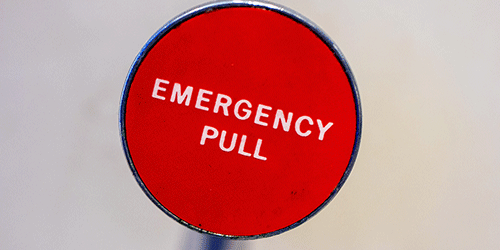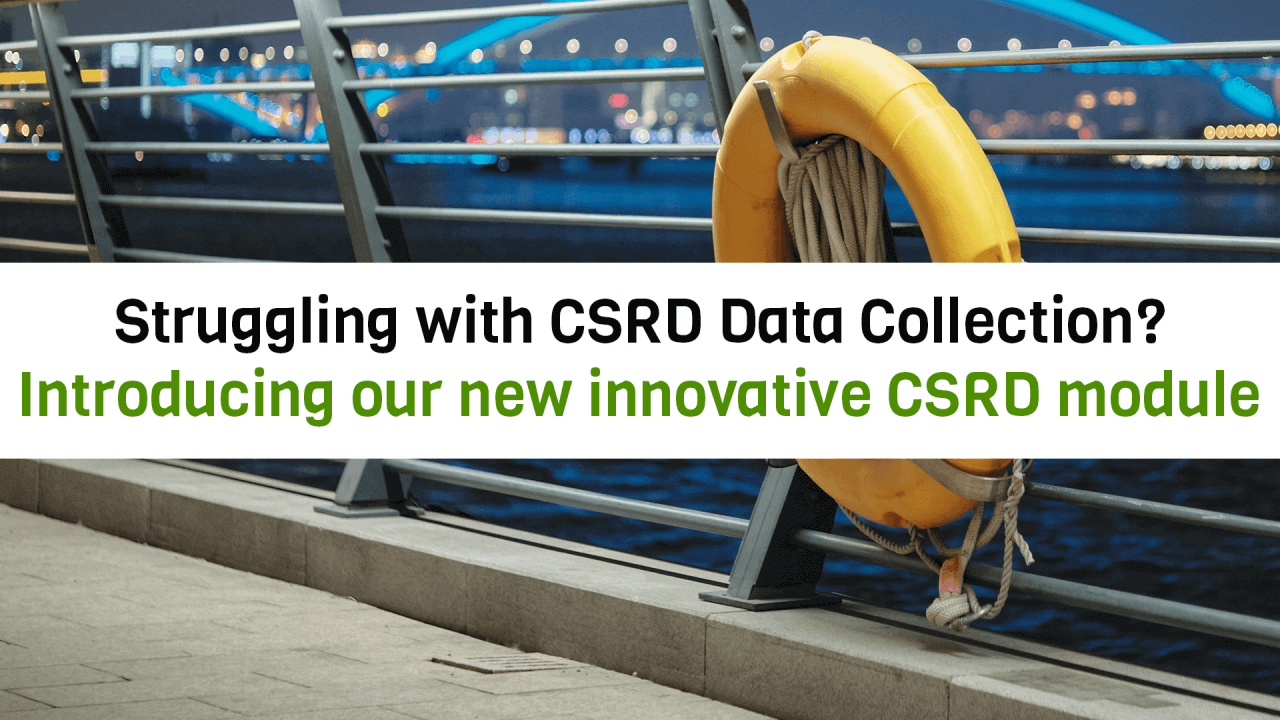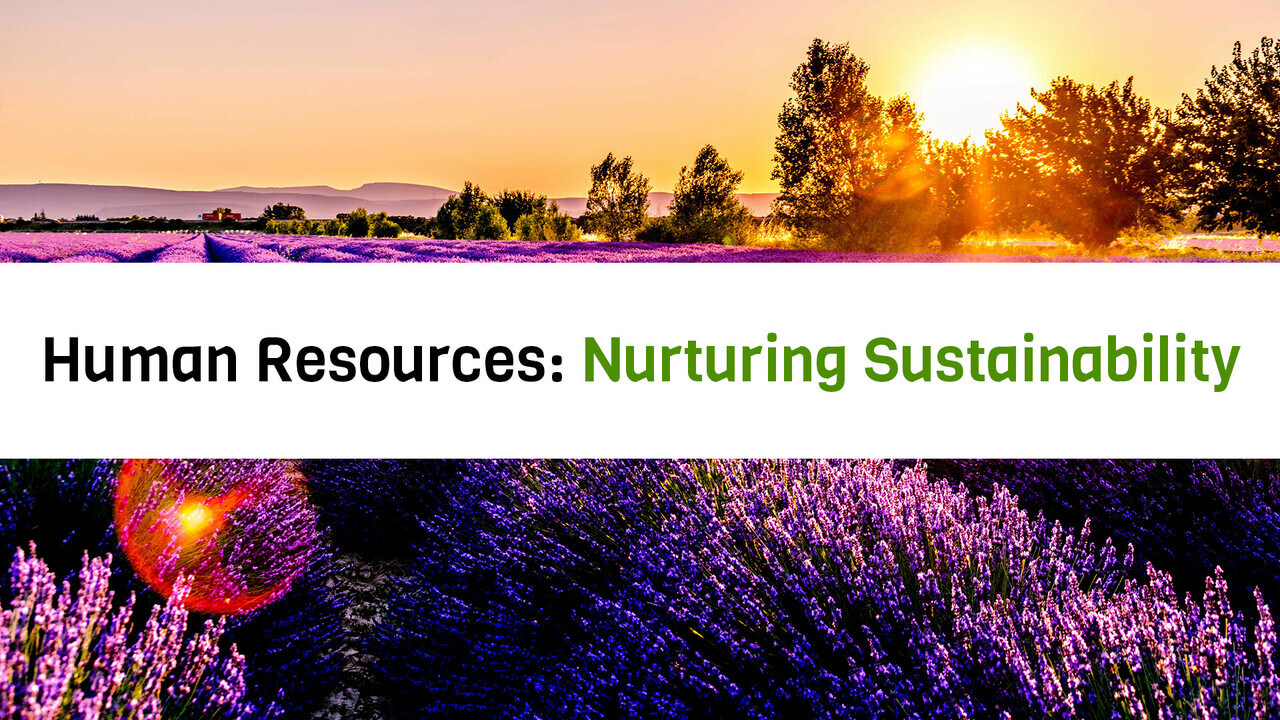
How covid-19 staged a cognitive shift for the transition to climate-neutral business from the ground up.
Montreal,
Jul 7th, 2020
How has COVID-19 influenced our ability to meet our climate goals? This seems to be the million dollar question. And while some graphs show decreases in transportation-related emissions, others point out increases in residential energy consumption and food waste. These graphs are data-driven. Scientific proof of measurable shifts in environmental impact whether for the better or the worse.
One much less measurable but undeniably crucial pillar in meeting our climate goals is the shifting thought processes and key influence of our leaders. Not just politicians, but more importantly, business professionals at all levels of an organization.
More time at home has brought a lot of our own habits out, literally before our eyes. Food waste, energy usage, and transportation needs are now more obvious in our own homes as we remain, poignantly and for the better part of the last four months, living our lives almost entirely from home.
We no longer throw away our take-away coffee cups into the town garbage can as we stroll into the office, throw the last bits of lunch into the office can, or go about our meetings not even considering the lighting creating a warm, buzzing glow for sixteen hours a day throughout our work spaces.
We’re at home. We make our own coffee, and the lunch waste is put away as leftovers or scraped into our own compost or garbage bins, which we remove ourselves. We turn off our own home lights as we move between rooms. We only drive when needed: Errands and small gatherings. No longer are we spending upwards of an hour a day getting to and from work. Has all of this had a deeper, subconscious impact?
Elise Amel, professor in psychology at the University of St Thomas in St Paul and Minneapolis thinks so. We can see, “for the first time how much energy [we] are using or how much food [we] are throwing away, which may make [us] stop, think and change [our] behaviour.” However, Wendy Wood, international expert on habits and attitude change, takes this a step further and explains that a changed attitude is normally the result of “habit, based not on our considered thoughts but on our daily experience.”
With this in mind, let’s pause to ask ourselves the question. How will the decisions we make, the impacts we notice, and the questions we ask within the business environment as we move into the New Normal? How will we bring a more conscientious attitude to our boardrooms?
Ensuring global sustainability of both our economies and social construct is essential. As Churchill said: “Never waste a good crisis” and so we should have great hopes that these new habits will help business leaders adopt a new perspective on conducting their operations.
One thing to bear in mind is that 2 elements are required for a faster time to positive impact: a new strategic direction (informed by the lockdown period new habits) AND scaling existing solutions even if it means importing a technology that has been invented elsewhere.
The Green Link can help with the latter.. Through working with your company, we can help find scalable solutions to your sustainability challenges, safeguarding your company’s activities and future against risk. We provide a holistic approach to solution integration, ensuring that the lifecycle of the solutions we introduce are sustainable for long term success and impact.


